Samurai PRP Player Of The Week: Adrian Ojeda, Belmont Shore
Samurai PRP Player Of The Week: Adrian Ojeda, Belmont Shore
Adrian Ojeda is an interesting guy.
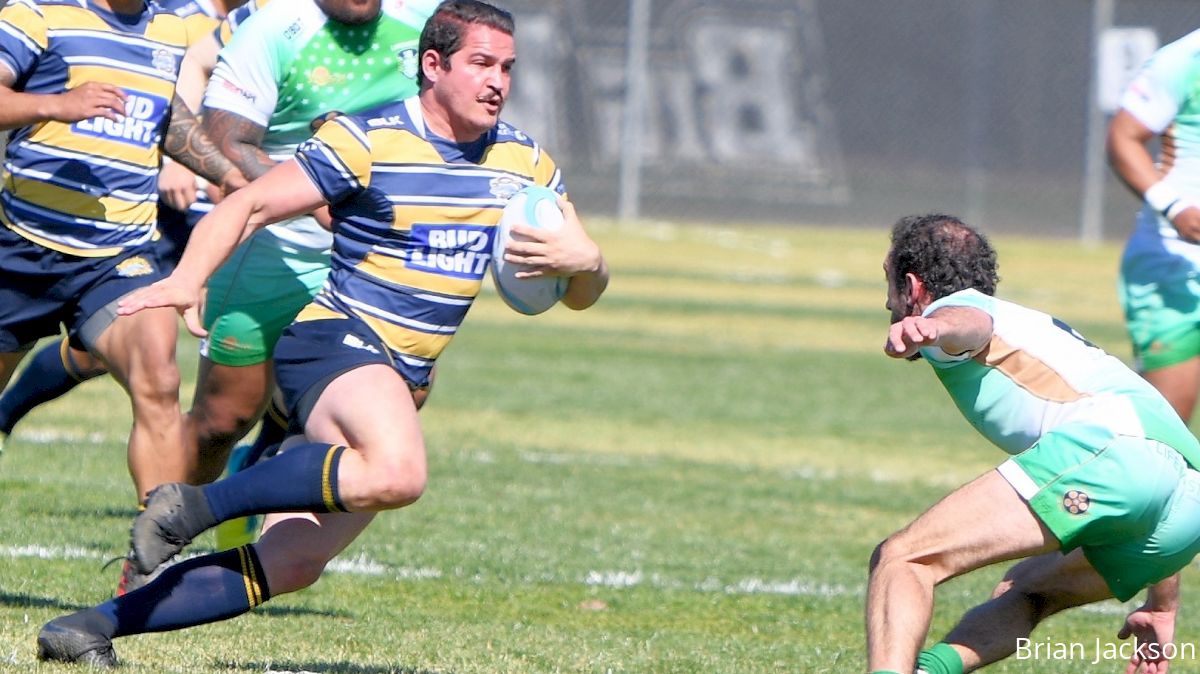
Belmont Shore’s attack put in 49 points on Life West over the weekend, giving many in the Pacific Rugby Premiership hope they can catch the Gladiators; they might have Adrian Ojeda to thank.
The Shore inside center has had to wait for his chance, but he is now ready to lead the way. A powerful runner, he was a consistent line-breaker for Shore against Life West, and led a strong defensive effort, as well.
Adrian Ojeda is our Samurai Pacific Rugby Premiership Player Of The Week
“He’s just a force on D,” said head coach Ray Egan. “He easily had our most meters carried, and most line breaks.”
“We feel pretty good as a team,” added Ojeda. “We had a really good practice on Thursday and we all felt like everything was clicking, and the last couple of games our pack has really been firing, and that has set the platform for the backs and allows us to have a lot more leeway in running our offense.”
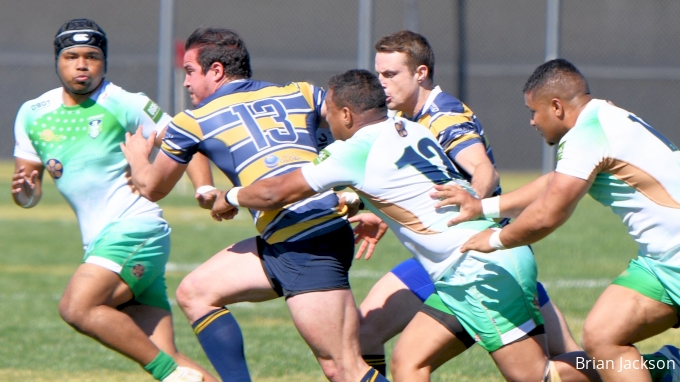
With Tai Enosa back in the Belmont Shore fold and at flyhalf, the likes of Ojeda could play off the shifty #10 and punish Life West any time they were out of alignment.
“Ray reminded us that Life West is a very good team and they will score on us, so we shouldn’t be thrown off by that; we needed to just keep working,” said Ojeda.
Watch All Pacific Rugby Premiership Games On-Demand
Deep Roots
Keep working, interesting concept. Ojeda has been known for it. Ojeda’s dad, Ernie, played rugby for Belmont Shore in 1970s before pursuing a career as a firefighter and a training expert for FEMA (the Federal Emergency Management Agency). He remains the Chairman of the group that develops FEMA’s strategic training plan.
He even visited New Zealand to help that country with disaster preparedness training—oddly, when he was there, he was often stopped by Maori people, who performed the hongi greeting with him (touching foreheads and noses). This was because they thought Ernie was a Maori elder, it was a sign of respect. But when they asked him what tribe he was from, Ernie would say “I come from the island of Mexico.”
The Mexican-American and part Yaqui Indian was an elder of sorts, but in his own land, and he had a huge influence on Adrian.
“I never got to see him play, but he always talked about rugby; it meant a lot to him,” said Ojeda. “When I was really young they had the USA 7s in Carson, and we went together. We had a lot of good family friends who played rugby; it was always a part of our lives.”
Sink Or Swim Rugby
Ojeda picked up the game at 16, playing for the South Bay Rhinos men’s team.
“The moment I started playing I fell in love with it,” said Ojeda. “Playing with the Rhinos I was with a bunch of big Polynesian boys. It was sink or swim.”
Ojeda played with the Rhinos and then Los Angeles, although injuries curtailed much of his playing time there. At the same time, he pursued a career in education, working for an education company and running a school for special needs kids.
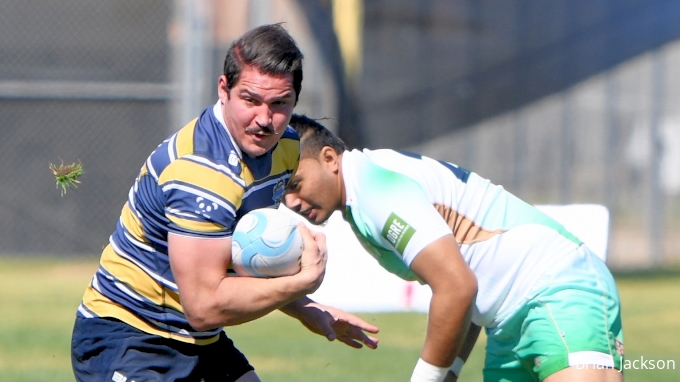
Rugby, though, was never far away, and last year he joined Belmont Shore. A center stuck behind legends Ed Pitts and Peter Sio, Ojeda had no illusions about what his playing time would be.
“I remembered playing against Sio as a kid when I was with the Rhinos,” said Ojeda. “Belmont Shore had so many great players. I just came in with the mentality that I wasn’t going to get much playing time, but I was going to learn as much as I could. But four games in, Ray pulled me up and had me start. Sio and I would trade off games and that worked out. These older players have been great. They have mentored me, and given me little insights.”
Now's The Time
And now, following Sio’s retirement, he’s the regular starter, and playing superbly.
“It’s good—knock on wood—that this is the longest streak of being healthy I’ve had,” he said. “Everyone on the team is playing so well. We have Pila Iongi and Tai, and so many other threats that they open up holes for others, like me. I am definitely in your face They want me to get go-forward ball and I know I will make some yards.”
With all of that, it’s not the yardage Ojeda loves, it’s stopping the other guy.
“I think I am better on defense,” he said. “I just make sure the line speed is strong and we keep the pressure up.”
Through his dad, Ojeda is part Yaqui Indian, and he retains a connection to that tribe, despite the fact that it’s not one recognized in the US (only Mexico). He and flanker Ben Weischedel, who also has Native heritage, often visit a local reservation to work and run through the mountains.
“Just about every chance we go,” Ojeda said. “It’s something I’ve kept pretty close. You look at when we’re at the reservation—the respect they give to older guys is respect I see in rugby. The older guys are there to give their experience, their insights. They help you with life beyond rugby.”
Speaking of work and the older generation, Ojeda is now changing his career. After opting not to follow in his father’s footsteps, he has now switched and completed his EMT coursework. He will complete his other courses (like learning to drive the ambulance) and become a firefight.
“My dad was a firefighter for over 30 years, and it was something he loved,” said Ojeda. “When I was younger I didn’t want a career like that, at least not yet, but now it’s the right time.”
Seems like it’s the right time for Adrian Ojeda in a number of ways.
Related Content
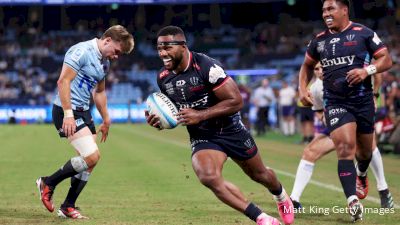 Melbourne Rebels Handed Super Rugby Lifeline From Unlikely Source
Melbourne Rebels Handed Super Rugby Lifeline From Unlikely SourceApr 3, 2024
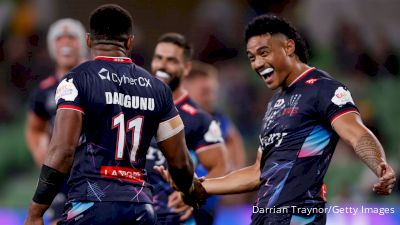 Super Rugby Round 2 Recap: Crusaders' Slide Continues; Chiefs Rout Brumbies
Super Rugby Round 2 Recap: Crusaders' Slide Continues; Chiefs Rout BrumbiesMar 3, 2024
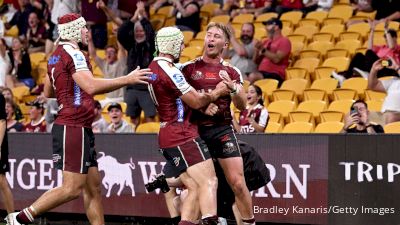 Super Rugby Pacific: Top Tries From Round 1
Super Rugby Pacific: Top Tries From Round 1Feb 27, 2024
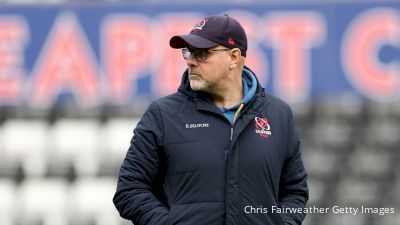 Ulster Rugby Parts Ways With Long-Term Coach Dan McFarland
Ulster Rugby Parts Ways With Long-Term Coach Dan McFarlandFeb 21, 2024
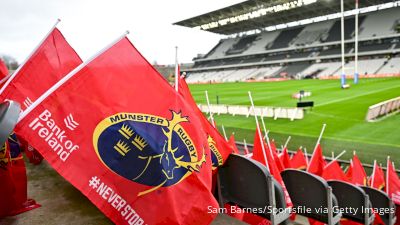 United Rugby Champion Munster Gets Significant Boost With Injury Updates
United Rugby Champion Munster Gets Significant Boost With Injury UpdatesFeb 6, 2024
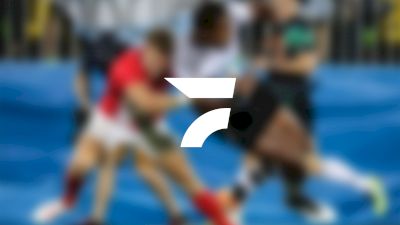 How To Watch: 2024 Life Vs. Quins | Rugby
How To Watch: 2024 Life Vs. Quins | RugbyJan 31, 2024
 2025 And 2026 Investec Champions And EPCR Challenge Cups Venues Confirmed
2025 And 2026 Investec Champions And EPCR Challenge Cups Venues ConfirmedJan 31, 2024
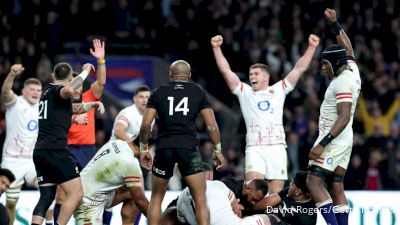 Six Nations Schedule 2024: Here's When England Rugby Plays
Six Nations Schedule 2024: Here's When England Rugby PlaysJan 27, 2024
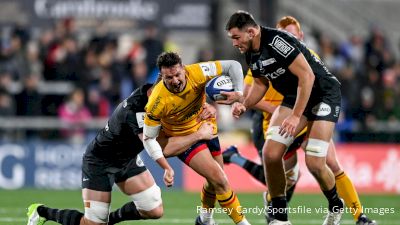 Fly-Half Billy Burns Discusses What It Means To Play For Ulster
Fly-Half Billy Burns Discusses What It Means To Play For UlsterJan 23, 2024